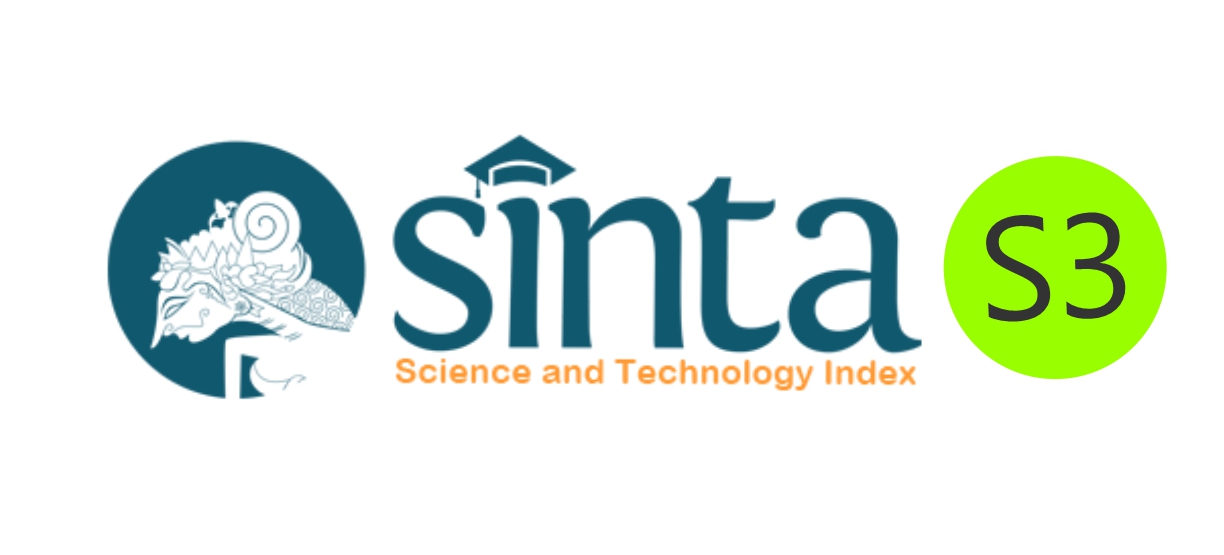Notaris sebagai Penerima Tanggung Jawab atas Draft Akta yang Dihasilkan oleh Kecerdasan Buatan (AI)
Downloads
The rapid development of Artificial Intelligence (AI) has introduced significant innovations in the legal field, including notarial practice. One of its applications is the automatic drafting of contracts or deeds through AI systems. While this technology offers efficiency and accuracy, it simultaneously raises new legal issues, particularly concerning the notary’s liability as a public official authorized to draw up authentic deeds. The objective of this study is to analyze the legal status of AI-generated drafts within notarial practice and to examine the extent of notarial responsibility for deeds prepared based on such drafts.
This research applies a normative juridical method, employing statutory, doctrinal, and legal principle approaches. Primary legal sources consist of the Indonesian Notary Law (UU Jabatan Notaris/UUJN), while secondary materials are drawn from scholarly works on notarial law and legal technology studies.
The findings indicate that AI, as a mere tool, does not possess legal authority to create deeds, and therefore cannot diminish the notary’s responsibility. The notary remains fully accountable for the validity, substance, and evidentiary strength of authentic deeds, regardless of whether the draft originates from AI. This conclusion aligns with the principles of personal liability, the duty of prudence, and professional responsibility inherent in the notarial office. Consequently, adaptive regulation—either through amendments to the Notary Law or professional guidelines—is urgently required to ensure legal certainty while accommodating technological advancement.Buku
Bernard Arief Sidharta, Refleksi Tentang Struktur Ilmu Hukum (Mandar Maju 2009)
Habib Adjie, Hukum Notaris Indonesia: Tafsir Tematik Terhadap UU Jabatan Notaris (Refika Aditama 2018)
Ridwan HR, Hukum Administrasi Negara (RajaGrafindo Persada 2014)
Sudikno Mertokusumo, Penemuan Hukum: Sebuah Pengantar (Liberty 2009)
Jurnal
D Siregar, ‘Pemanfaatan Teknologi Digital Dalam Profesi Hukum: Tantangan Dan Peluang’ [2021] Jurnal Rechts Vinding
European Parliament, ‘Civil Law Rules on Robotics’ [2017] European Union
Putra A, ‘Artificial Intelligence and Legal Liability in Notarial Practice’ [2021] Jurnal Rechts Vinding, Vol. 10 No. 3
Roy R Goode, Goode on Commercial Law (LexisNexis Butterworths 2016)
Susanti R, ‘Kecerdasan Buatan Dalam Perspektif Hukum Indonesia’ [2020] Jurnal Hukum dan Pembangunan, Vol. 50 No. 2
Laman
Hukumonline, ‘Kecerdasan Buatan Dan Implikasi Hukumnya Bagi Notaris’
World Economic Forum, ‘How AI Is Transforming the Legal Profession’ (2022)
Perundang-Undang
Undang-Undang Nomor 11 Tahun 2008 tentang Informasi dan Transaksi Elektronik
Undang-Undang Nomor 27 Tahun 2022 tentang Perlindungan Data Pribadi
Undang-Undang Nomor 30 Tahun 2004 tentang Jabatan Notaris sebagaimana diubah dengan Undang-Undang Nomor 2 Tahun 2014
Kitab Undang-Undang Hukum Perdata
Copyright (c) 2025 Meita Debi Riyanti

This work is licensed under a Creative Commons Attribution 4.0 International License.


















